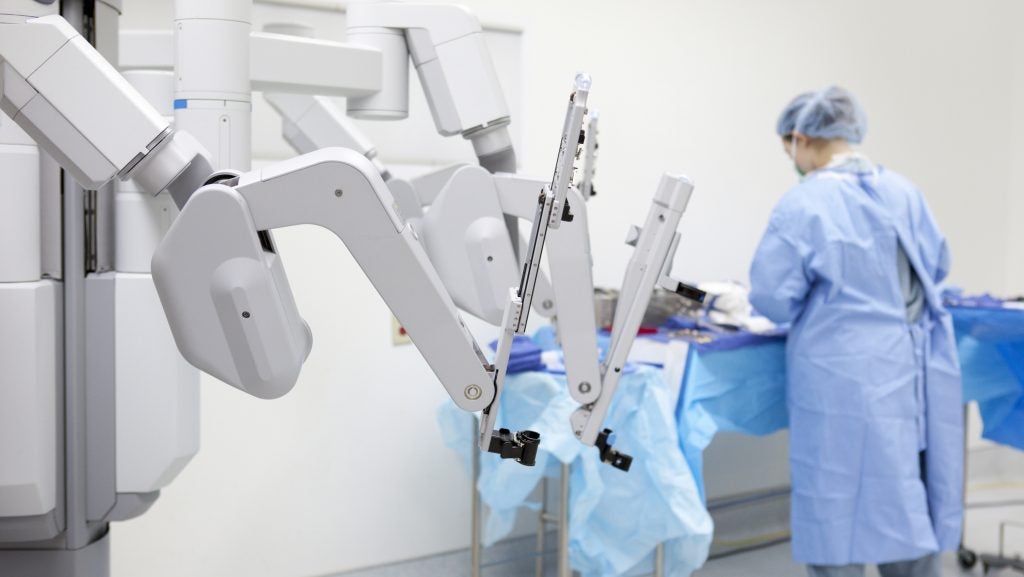Pacific Biosciences of California. has filed a patent for compositions, methods, and systems for sequencing nucleic acids using a polymerase-based reaction. The technology involves examining the interaction between the polymerase and template nucleic acid in the presence of unlabeled nucleotides to identify bases during synthesis. GlobalData’s report on Pacific Biosciences of California gives a 360-degree view of the company including its patenting strategy. Buy the report here.
According to GlobalData’s company profile on Pacific Biosciences of California, Optoelectronic biosensors was a key innovation area identified from patents. Pacific Biosciences of California's grant share as of January 2024 was 56%. Grant share is based on the ratio of number of grants to total number of patents.
Dna sequencing using polymerase and unlabeled nucleotides
The patent application (Publication Number: US20240035082A1) describes a method for identifying a base in a primed template nucleic acid. The method involves disabling or inhibiting the chemical incorporation of a nucleotide into the primed template nucleic acid, followed by a series of steps including stabilizing a ternary complex, washing to remove unbound components, detecting the ternary complex without nucleotide incorporation, and identifying the next base of the primed template nucleic acid based on the detected complex. The method also includes variations such as using a ternary complex stabilizing agent during washing, incorporating different types of nucleotides into the primer, and replacing the polymerase with a different type for incorporation.
Furthermore, the method allows for the use of detectably labeled or unlabeled nucleotides, reversible terminator moieties on the primer, and conditions such as polymerase inhibitors or amino acid mutations to prevent nucleotide incorporation. The method can be repeated with different nucleotides, involves clonally amplified populations of primed template nucleic acid attached to a surface, and includes detecting methods such as changes in refractive index or light scattering signals. Overall, the patent application outlines a comprehensive method for accurately identifying bases in primed template nucleic acids, offering potential applications in various fields requiring precise nucleic acid analysis.
To know more about GlobalData’s detailed insights on Pacific Biosciences of California, buy the report here.
Premium Insights
From

The gold standard of business intelligence.
Blending expert knowledge with cutting-edge technology, GlobalData’s unrivalled proprietary data will enable you to decode what’s happening in your market. You can make better informed decisions and gain a future-proof advantage over your competitors.







